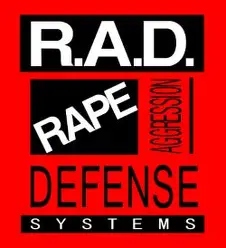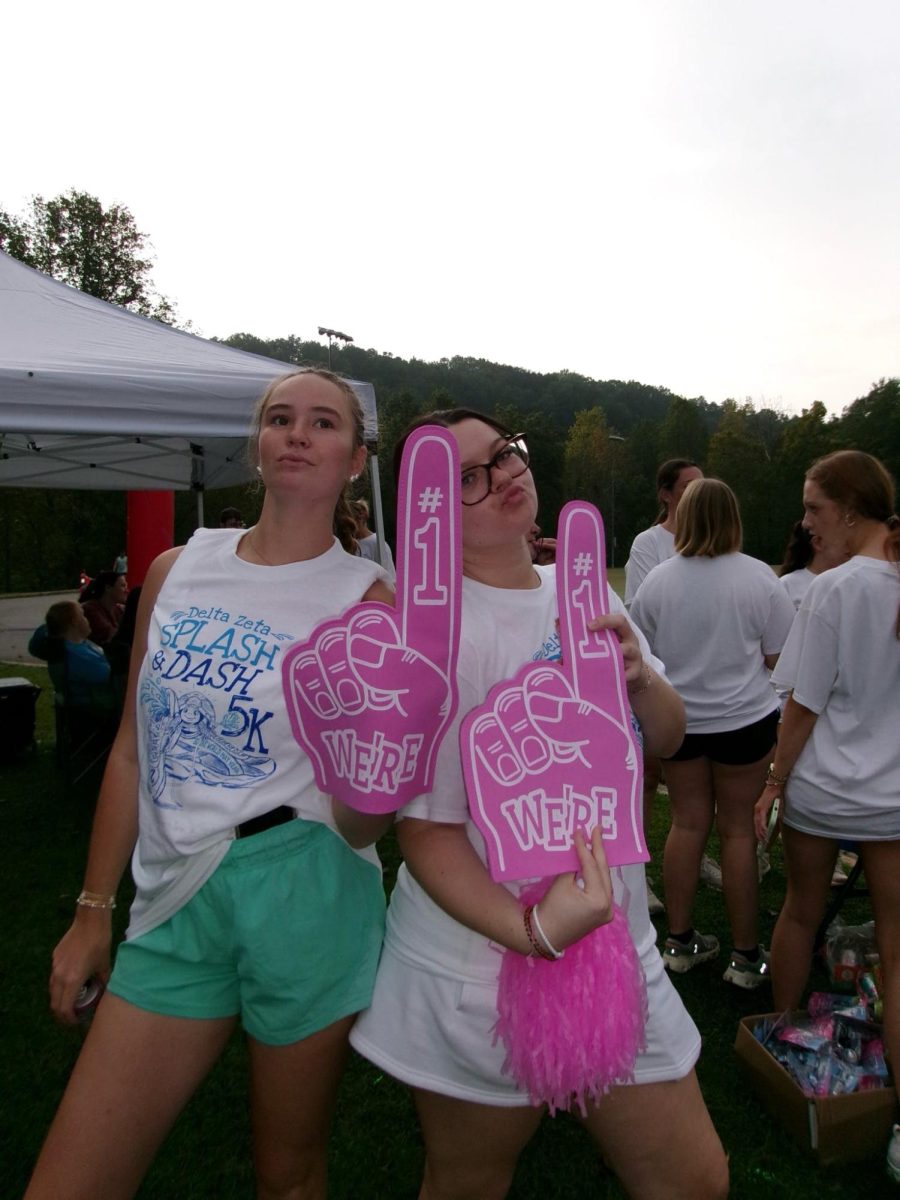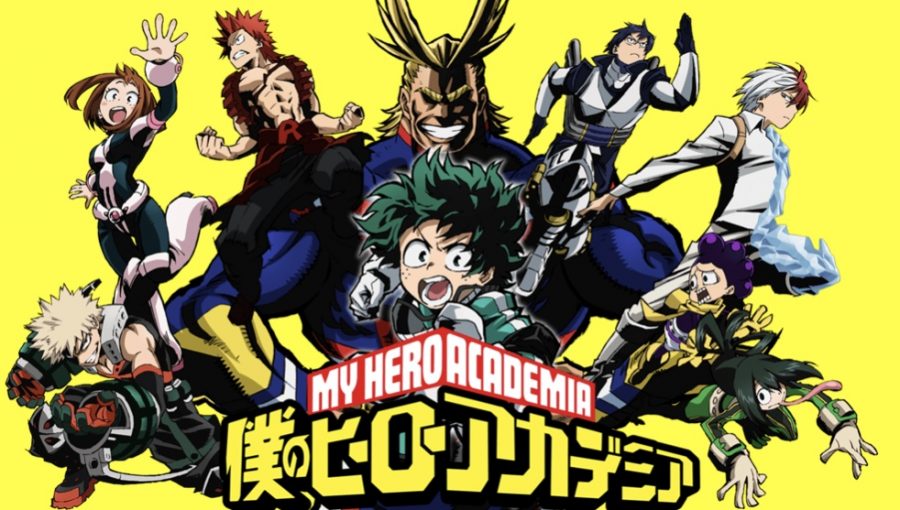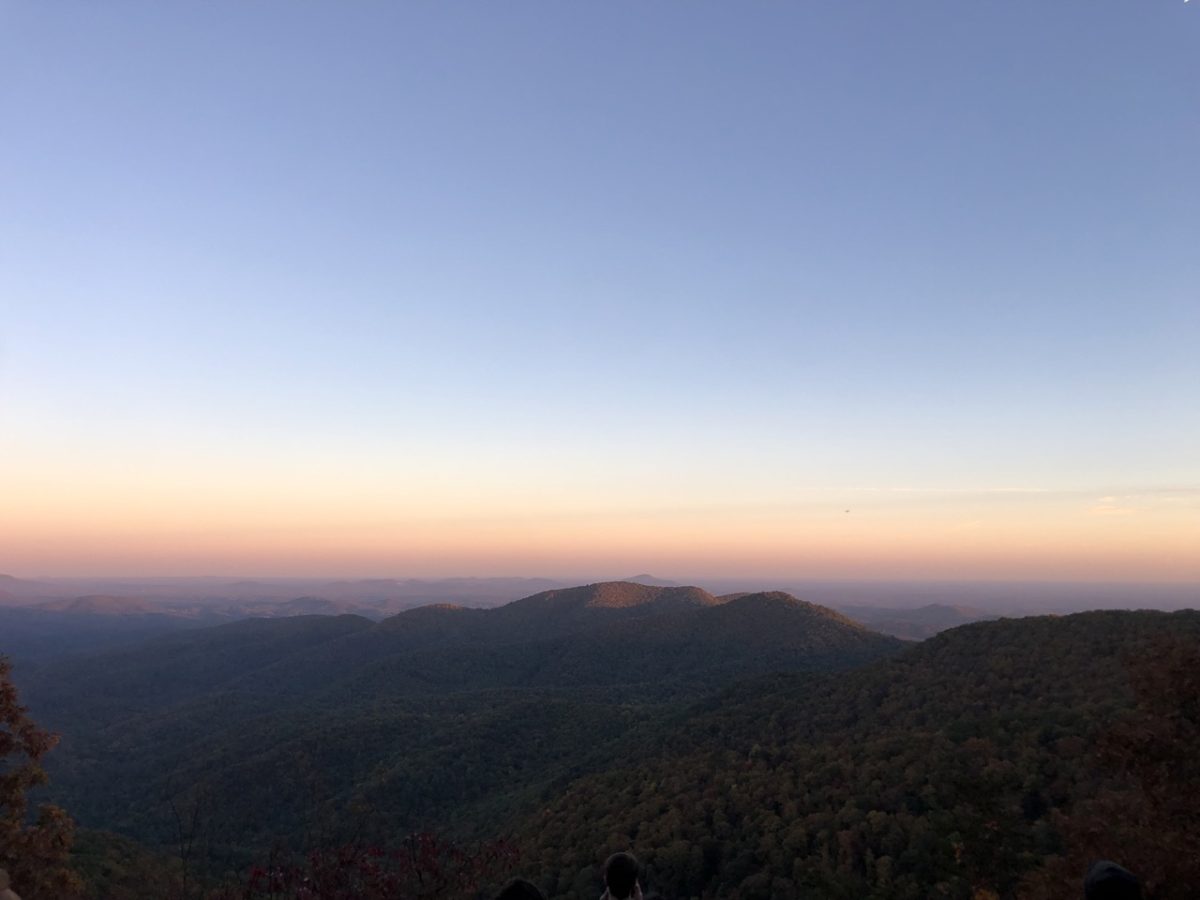I never was a fan of anime. In fact, the closest I had come to even be considered interested in the genre was back in fourth grade when I collected Pokémon cards during recess. I thought the characters were cute.
After streaming and re-watching my favorite TV series and movie franchises on platforms like Disney+ and Netflix, I grew a bit tired of watching the same types of storylines I thought I loved. That is when my sister offered a new option: an anime called “My Hero Academia.” At first, I scoffed at the idea of watching it. I thought animes were over dramatic cartoons with weird love triangles intermixed among the various characters dressed in school uniforms. I was mistaken.
After the first season ended, I knew I had to keep watching. The show follows Izuku Midoriya, also known as Deku, on his journey to success. A childhood bully, Bakugo, constantly reminds Deku that he is a quirk-less wannabe hero. Without giving away major spoilers, Deku is the underdog that hopes to eventually become the Symbol of Peace, the ultimate hero.
Deku and his mentor, All Might, live in a society where humans are born with super abilities called quirks. Those who wish to become a licensed hero attend top-notch schools like UA High School to start their hero courses while competing with other classmates.
We watch as students learn to use their quirks, legally speaking, to defeat villains. My description of the plot is vague, and for good reason. Spoilers occur early in the show! That is why “My Hero Academia” has been compared to the Marvel Cinematic Universe and other franchises. The story and characters are well-developed, and it is a nicely paced series. The animation itself improves with each episode and every aspect of the show has a reason to be included.
In addition to the TV series, two full length films were released: “My Hero Academia: Two Heroes” in 2018 and “My Hero Academia: Heroes Rising” in 2019. The films are rated PG-13, and the TV series is rated TV-14. With mild language and scenes that show peril, I would say this show is fine for kids above the age of 10. The movies had just a bit more profanity, but all in all it is worth the watch.
Written and illustrated by Kōhei Horikoshi, this “plus-ultra” series is a marvelous Japanese anime. Horikoshi himself is a superhero fan and has a collection of various superhero paraphernalia from Marvel and DC comics. His manga, “My Hero Academia,” was released in 2014 and season one of the English anime dub of the TV series was released in 2016. Now, with the season five debut earlier this year, the show has become widely popular in the U.S.
At the 2018 Comic Con in San Diego, Horikoshi was asked whether or not his super hero characters were purposefully unlike American comic book heroes.
“It’s momentum. I have these light bulb moments – I don’t spend hours and hours thinking about it. I just get inspired. So for example I’ll be at the convenience store, and I’ll see a roll of clear tape and I’ll think “hmm, maybe there’s a face in here somewhere” and it’ll just happen that way,” said Horikoshi.
While heroes like All Might are modeled after the ultimate hero, Superman, Horikoshi’s development process is creative and inspiring. He is a huge superhero fan, Spiderman being his favorite.
The themes of “My Hero Academia” deal with some realistic aspects of society including depression, suicide, sexism, and violence. However, the way we see these heroes in training handle these various situations really impressed me. All of the characters’ thoughts are reflected in their dialogue. I think it is incredible how each character and their quirks are created to encounter and overcome such obstacles. In a time when the world is full of fear, illness, and mistrust, I have to say that “My Hero Academia” could not have come at a better time.
The “My Hero Academia” fandom is now worldwide thanks to Crunchyroll and Hulu in particular. The Observer’s top ten series list of 2020 ranks My Hero Academia second to Spongebob Squarepants in the U.S.
- SpongeBob SquarePants
- My Hero Academia
- Game of Thrones
- Stranger Things
- Avatar: The Last Airbender
- Rick and Morty
- The Flash
- WWE Raw
- Steven Universe
- The Walking Dead
“My Hero Academia beat out primetime juggernauts like Stranger Things and even The Walking Dead on this list, so you can see Class 1-A would be happy.” – Megan Peters, comicbook.com
The various story arcs of the show alone will make the audience become caught within the greater narrative. Villains are lurking around the plot line and make their appearance just as students begin their training. All Might, the Symbol of Peace, is one hero that criminals despise. He works to keep everyone safe while being a constant threat to villainy. The villains have quirks of their own, which aids them in committing acts of terrorism.
In addition to that, I think the anime has the “superhero formula” and outperforms that of other comic related movies and TV series like DC comics. In each episode, it’s easy to identify the extra effort made by the show’s creators to exhibit the conflicts at hand without giving away the ultimate resolutions within the story.
“My Hero Academia” does have a few little problems. There are times when the characters almost say too much and over explain their initiatives, which can become repetitive. Perhaps this is another aspect of character development for the show’s creator but I found it to be excessive.
Also, the use of some profanity becomes repetitive. I found one character, Mineta, to be extremely annoying due to his obsession with female characters and their bodies in particular, but I think anime in itself is known for such references to sex and nudity. There are plenty of innuendos, revealing clothing, and comedic references to such aspects of the show.
Those are just a couple of less tasteful aspects of the show. The series itself is astounding. The themes of heroism and villainy, obsession and neglect, and love against kindness are some of the most apparent themes in the show. There are more themes and details that make the series a full proof superhero saga without being too dramatic of course!
Plenty of humor, action, wins and losses are present within each season. Once again, character development is what really sets this show apart from other heroic franchises. We learn to evaluate and support each student at UA High as they work together to become heroes from the first season on.
In the great words of director Joon Ho, “Once you overcome the 1-inch tall barrier of subtitles, you will be introduced to so many more amazing films.”
Thankfully, the English dub versions of all “My Hero Academia” movies and shows are top notch! The voice actors do not change at all, making it easy to enjoy each characters’ progression within the story.
While Japanese anime is still new to me, I have to say that I am more than excited to see how the series unfolds! And with that, I encourage others to watch “My Hero Academia” and go beyond, plus-ultra!
























